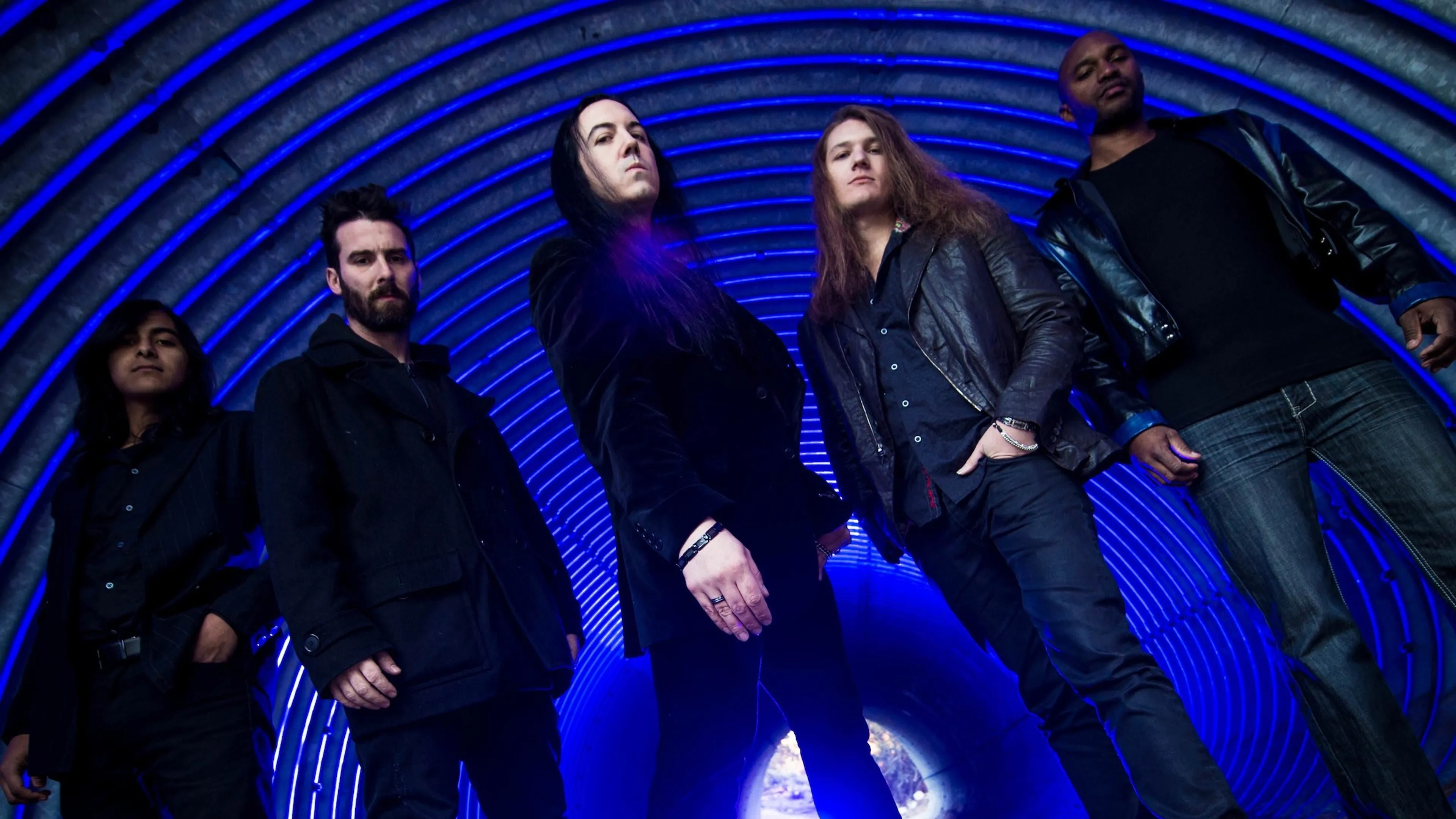How did you feel when you found out he wasn’t telling you about how bad things had gotten?
Well, Adam was a really positive guy. Every day was a ten -- he’d be saying, ‘Oh, what a beautiful day’ when it was negative twenty in Minnesota. I mean...it was terrible. There was nothing we could do for him. He’d made a couple of decisions that us and half of his family didn’t really agree with. So the record was just made in the midst of some really dark times. So I mean, the record is good, but it was just...Hell. It really was Hell, going through all this shit.
Was there ever a moment where you thought about not releasing the album, or even calling the band?
No. I mean, that was probably the hardest call I had to make: when we started to get show offers and Adam was just too weak to play drums. We had to have this conversation saying, ‘Look, you’re the drummer in Witherfall. It’s your band. But we can’t just die of stagnation before we even start.’ I’m always the bad guy -- it’s my and Jake [Dryer, guitar]’s band, and I’m always the bad cop, to put it bluntly. I’m the one who’s gotta do these types of things. That was tough -- I let Adam talk, and talk, and he fought it, saying, ‘It’s not fair.’ And I said, ‘You’re right, it’s not fair. This is not fair. But you’re going to beat this, and when you beat this, do you want a band with some success under its belt, shows and tours and a record that’s doing well? Or do you want a dead product?’
